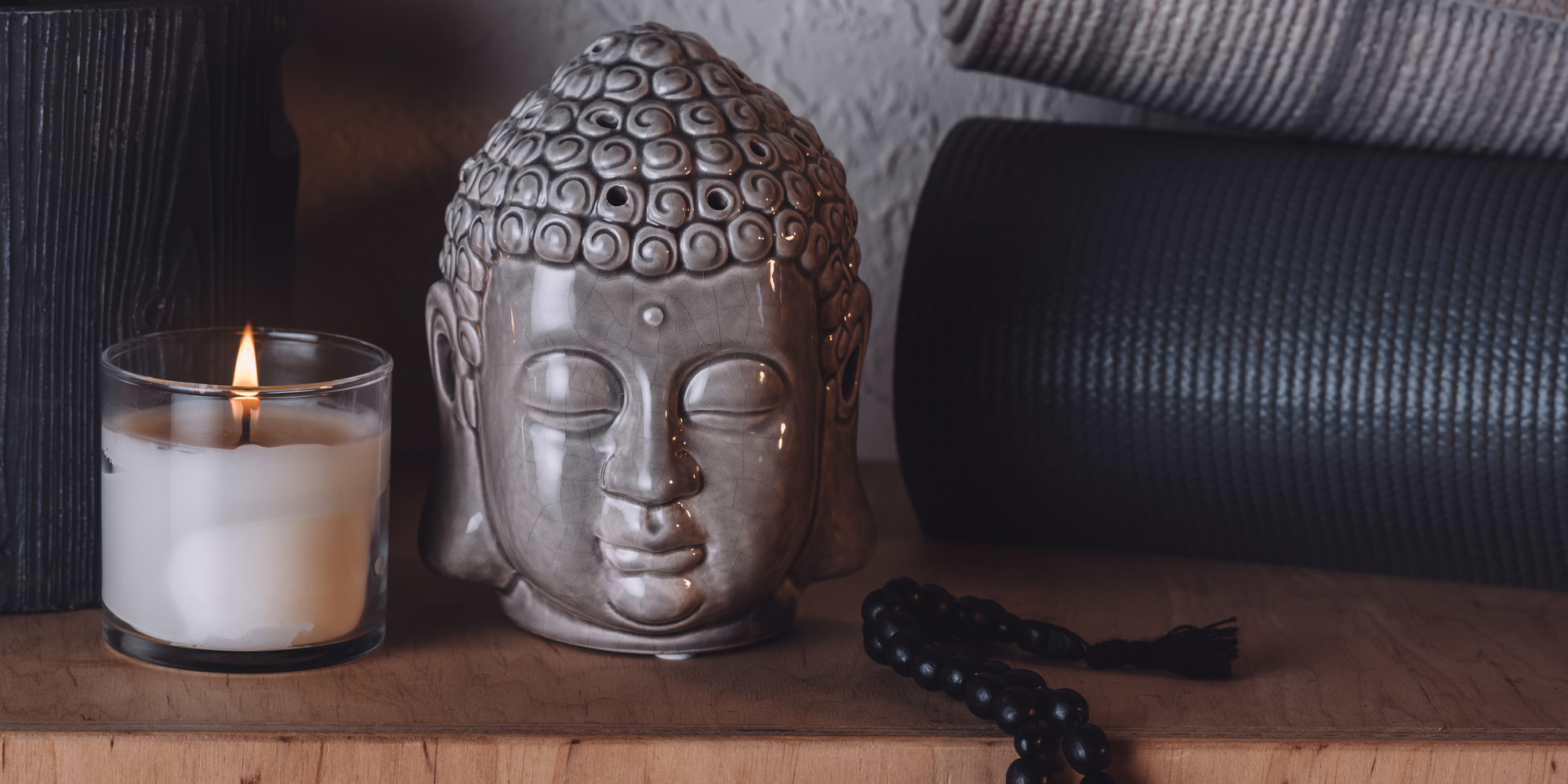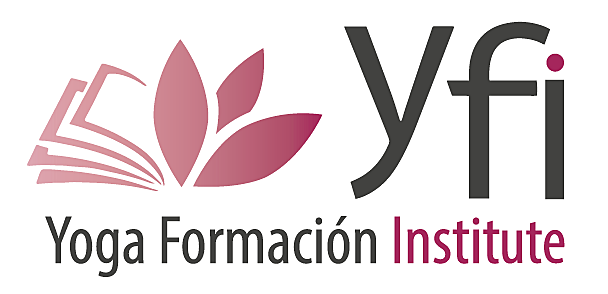Curriculum Design
The design of the curriculum is the result of extensive experience in teaching and training in yoga, and its overall result is reflected in its own method of teaching.
It has been developed taking into account the current physiological difficulties that arise in the classrooms and is based on innovative teaching techniques and a revision of the tradition to bring it closer to current approaches.
This curriculum includes new pedagogical orientations aimed not only at the acquisition of knowledge, but also at the development of skills and attitudes, qualities inherent to professional realisation and competence, which combine knowledge with the know-how and the know how to be and respond to the labor specialisation.
Structure
Contact hours:
- 80 hours training techniques.
- Asana
- Pranayama
- Sequences and progessions (Karanas)
- Analysis and evaluation in yoga instruction
- 50 hours teaching methodology.
- Design and planing of yoga sessions and activities
- Relaxation
- Meditation
- Customising of yoga classes according to students' needs
- 15 hours anatomy and physiology.
- 30 hours Yoga Philosophy and ethics.
- 25 hours practicum.
Topics
The classroom hours that make up this curriculum are distributed among these different training areas:
- Technical, Methodological and Practical Application: working knowledge of the anatomical adaptations; precision in postural corrections; the use of practice accessories; and the knowledge, skills, abilities, values and attitudes related to teaching Yoga practice.
- Pedagogy - Teaching Method and Practice: how to teach. Preparation and design of programs, organisation of classes, communication skills, creating environments, specific vocabulary and psychological evaluation.
- Anatomy and Physiology: basic knowledge of anatomy and general physiology of the body, for practical Yoga class application.
- Philosophy and Classical Texts: approach to the philosophical principles and ethics of Yoga, from the study, interpretation and commentary of various classical texts.
- Yoga Tradition:from the origins of Yoga and its evolution to its to current variations. We emphasise the importance of understanding the Yoga tradition and respecting the plurality of its world views. The approach is therefore not dogmatic but pluralistic. The ancient Indian methods of spiritual awakening and personal growth were diverse - something for everyone. Awareness starts here and ... who knows where it may end?
- Practicum: personal daily practice in order to improve your individual competence, for the sake of proper teaching. Acquisition of pedagogical techniques including posture correction practices, communication and class leadership. Knowledge of adaptations, substitutions and practical use of accessories. Design and presentation of class teaching plans for different levels of students.
The primary objective of this curriculum is providing the students with the knowledge and practices required for quality teaching.

